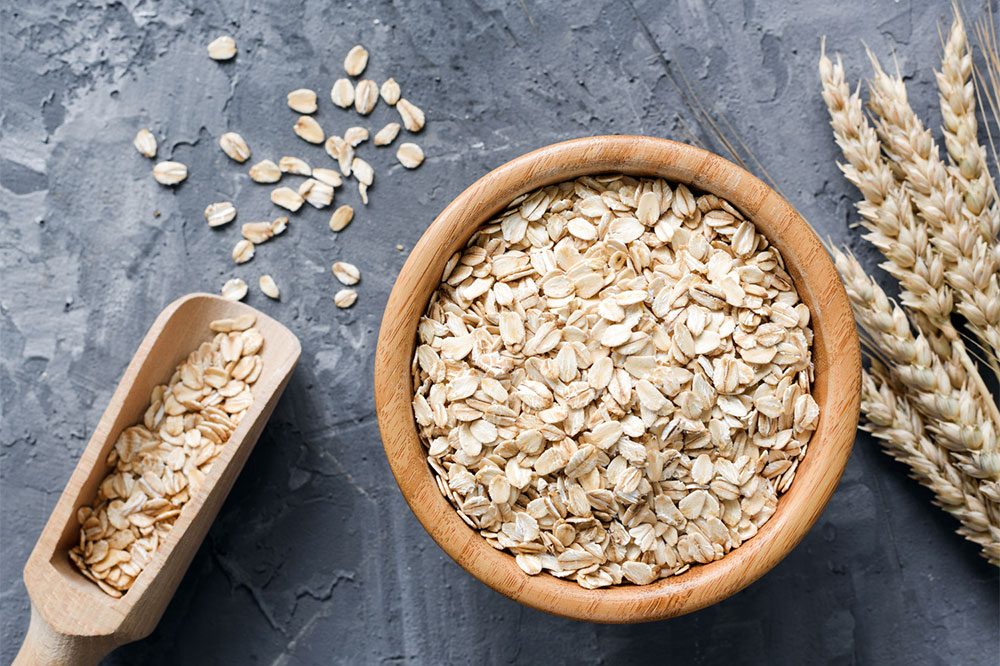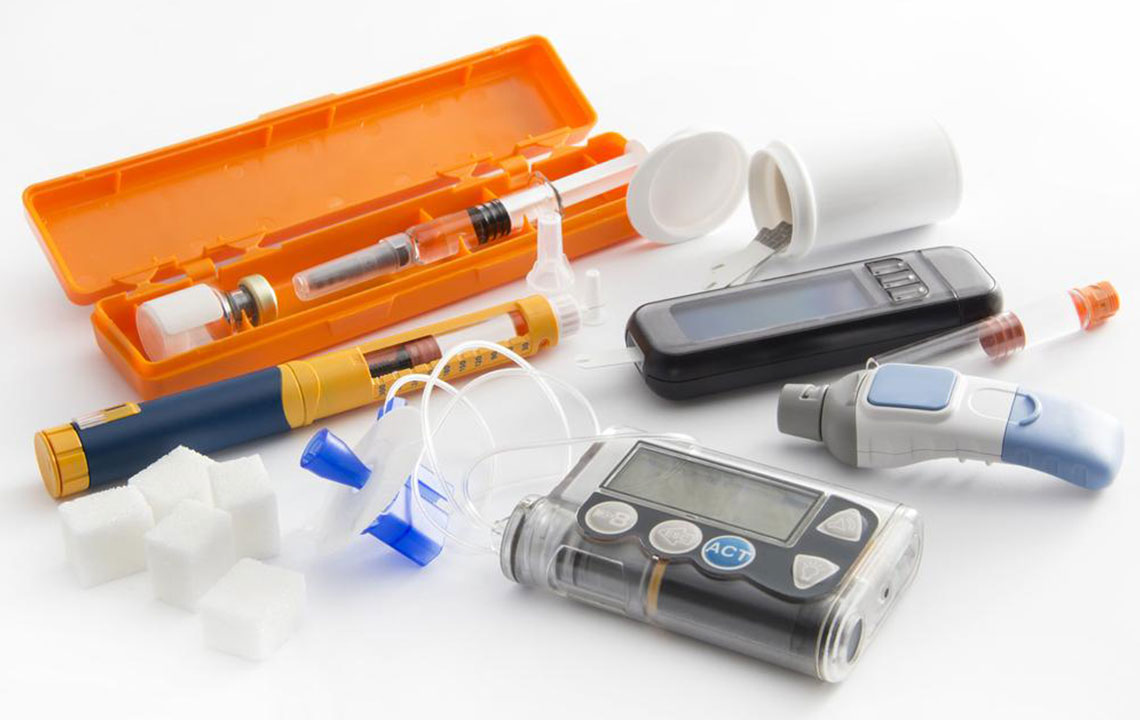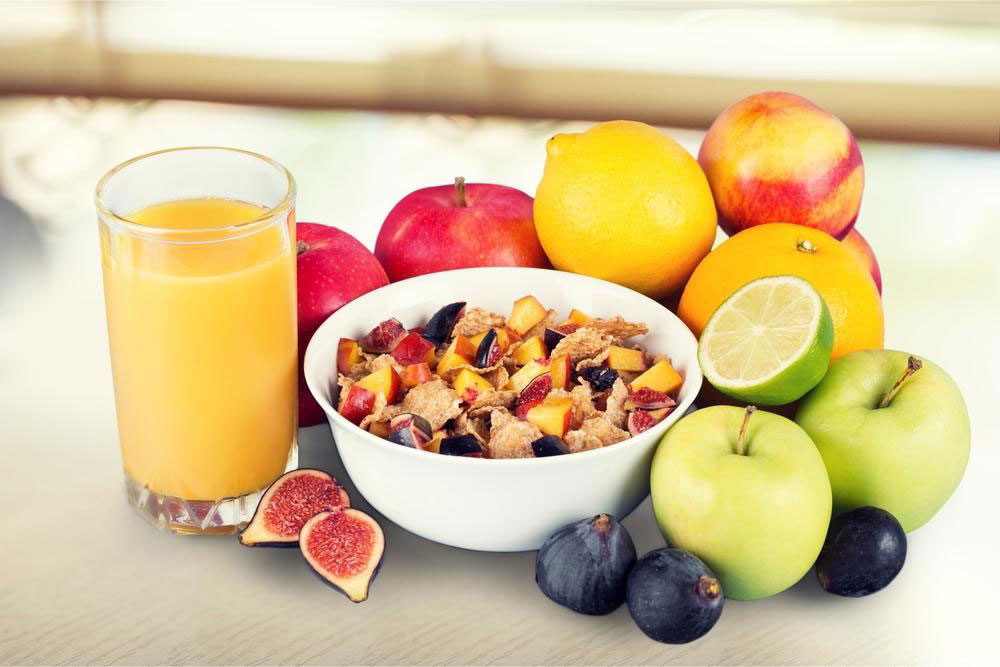Effective Strategies to Control Blood Sugar and Prevent Diabetes Complications
Discover key strategies to effectively control blood sugar, prevent diabetes complications, and improve overall health. Learn about medications, lifestyle changes, and foods that support diabetes management. Tips include avoiding high-sugar foods, engaging in regular physical activity, and managing stress. Whether you have Type 1 or Type 2 diabetes, these evidence-based approaches can help maintain healthy blood glucose levels and reduce health risks.

Effective Strategies to Control Blood Sugar and Prevent Diabetes Complications
Managing elevated blood sugar levels, or hyperglycemia, is crucial for individuals with diabetes. This condition affects approximately 13% of adults nationally. Keeping blood glucose within a healthy range reduces the risk of serious health issues such as cardiovascular, kidney, eye, and nerve damage. Here are proven methods to maintain optimal blood sugar levels and effectively manage diabetes:
Medical Treatments
GlucoBalance – An FDA-approved, all-natural supplement designed for both type 1 and type 2 diabetes management.
Jardiance® – Helps regulate blood glucose and diminishes the likelihood of kidney-related problems in type 2 diabetics.
Kerendia® – A daily tablet for type 2 diabetes patients, reducing kidney impairment and cardiovascular risks.
An essential component of blood sugar management is insulin therapy, especially for type 1 diabetics and some type 2 patients, typically administered via injections or pumps. Modern devices like the Dexcom G6 Continuous Glucose Monitor streamline glucose tracking without finger pricks or calibration.
Practices to Avoid
It’s important to steer clear of foods that elevate blood sugar and increase complications, such as fried foods, margarine, white rice, flavored yogurts, and sugary cereals. Limit intake of refined carbohydrates like cakes, candies, sodas, and fruit juices, and avoid processed meats high in salt and fats. Additionally, avoid exercising on an empty or overly full stomach and ensure adherence to prescribed medications. Managing stress is equally vital, as elevated cortisol levels can raise blood sugar and interfere with routine care.
This includes avoiding high-sugar and processed foods, managing stress levels, and sticking to an active lifestyle. Opt for low glycemic index foods such as oats, Greek yogurt, lentils, and legumes. Incorporate fiber-rich options like brown rice, quinoa, carrots, and broccoli into meals, balancing starches, proteins, fruits, and vegetables. Regular exercise helps burn glucose and improves insulin sensitivity, while meditation reduces stress hormones that spike blood sugar. Two primary types of diabetes exist: Type 1, where the pancreas produces little or no insulin, requiring insulin shots; and Type 2, which develops gradually and can often be managed without insulin.










